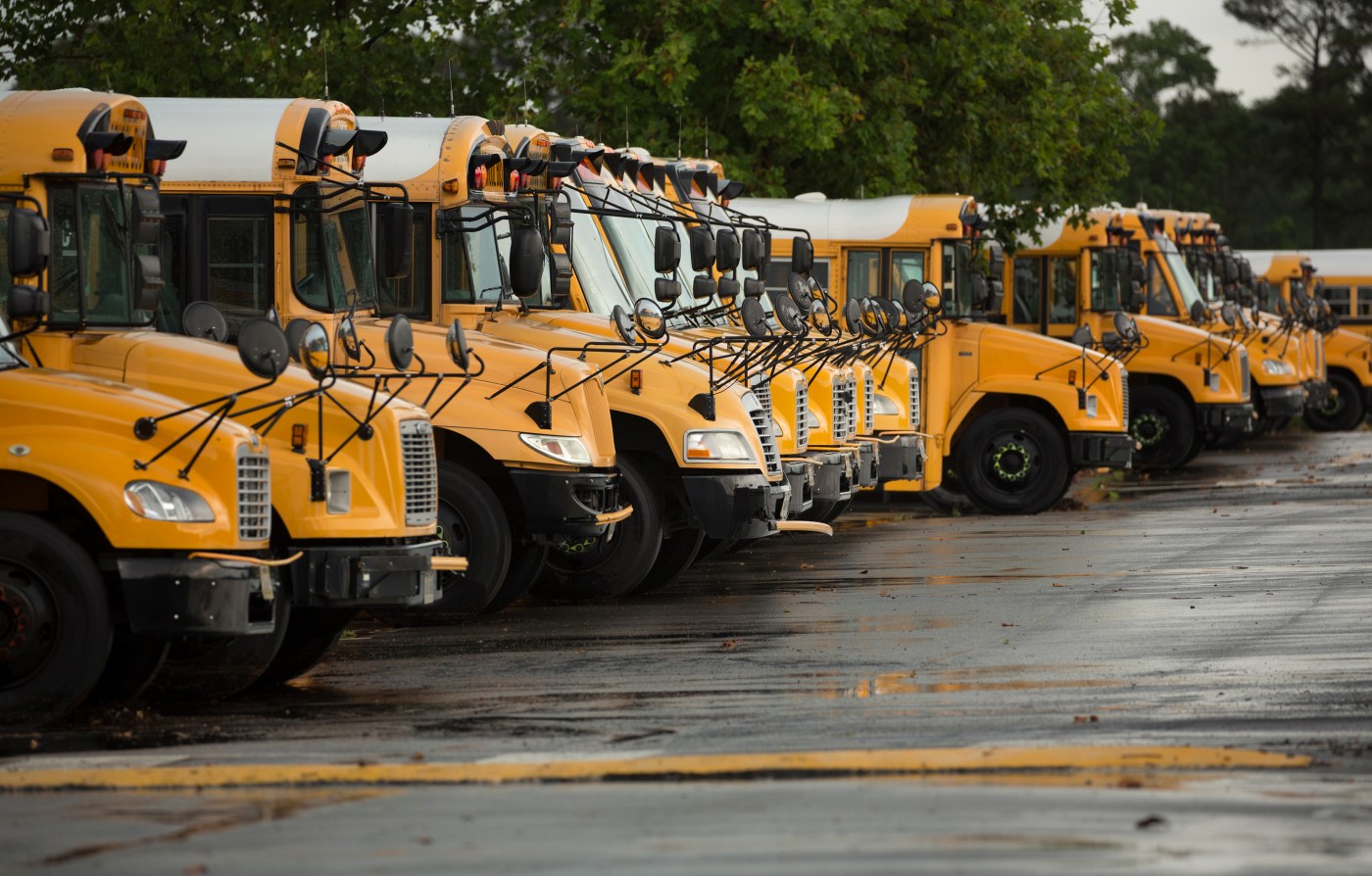Politics
Virginia’s Next Governor Urged to Modernize Education System

As Virginia prepares to elect its next governor, the future of the state’s education system hangs in the balance. The central question facing voters is whether to continue enhancing an education system that equips students for an evolving world or to settle for maintaining the status quo. According to Robert Nomberg, president and CEO of Virginia Learns, a forward-looking agenda is essential for sustaining Virginia’s long-standing academic excellence.
The next administration must prioritize a coherent K–12 strategy that upholds high standards, accelerates recovery from recent disruptions, and aligns education outcomes with the needs of the future workforce. The Virginia Standards of Learning (SOLs) serve as a crucial policy asset, but they must adapt to the realities of a job market increasingly influenced by artificial intelligence. To remain competitive, the SOLs should focus on essential skills that machines cannot replicate, such as critical thinking, collaboration, and ethical reasoning.
Modernizing this educational framework presents a historic opportunity for the next governor. By refining standards and assessments to measure deeper learning, Virginia can better prepare graduates to navigate and lead in a world transformed by AI. An emphasis on performance-based assessments, project-based learning, and authentic demonstrations of mastery should complement traditional testing methods. When students engage in analyzing, creating, and collaborating, they not only enhance their personal success but also bolster Virginia’s economic strength.
Despite recent progress, many students in Virginia remain behind grade level. Research indicates that high-impact tutoring, which includes frequent, small-group or one-on-one instruction led by trained tutors, is one of the most effective interventions available. The next governor should aim to scale this strategy statewide, ensuring dedicated funding, consistent quality standards, and flexible delivery models. By making high-impact tutoring a core component of the instructional day, Virginia can transform student recovery into acceleration.
Virginia’s economy requires graduates who can adapt, think critically, and work collaboratively. The next administration should redesign the high school experience to connect rigorous academics with real-world applications. The Virginia Leads Innovation Network, a coalition focused on rethinking high school education, advocates for career-connected learning, flexible scheduling, and innovative assessments that link students to local employers, community colleges, and credentialing opportunities.
Setting a clear statewide goal is crucial: every graduate should leave high school with a valuable credential, an apprenticeship, or college credit tied to in-demand careers. Workforce readiness must be a guarantee, not an uncertain promise. However, career pathways hold little value if students lack fundamental skills, such as reading proficiency. Virginia Learns supports bipartisan legislation aimed at strengthening evidence-based reading initiatives like the Virginia Literacy Act (VLA). This act mandates one reading specialist for every 550 students in grades K-3 and one for every 1,100 students in grades 4-8. Expanding funding to hire more literacy coaches beyond these ratios will help reduce caseloads and enable earlier intervention.
To achieve meaningful reform, Virginia must also enhance its educator pipeline. Ensuring that the state’s colleges and universities incorporate research-driven literacy instruction into pre-service teacher preparation is vital. When new teachers are proficient in evidence-based reading instruction, the need for costly in-service remediation decreases, leading to better outcomes for students before they reach fourth grade.
Virginia is currently grappling with educator shortages, uneven pay, and outdated professional development systems. Many high schools depend on just one or two certified math teachers, highlighting the urgent need for a comprehensive educator workforce strategy. This strategy should encompass competitive compensation, mentoring pipelines, and modern professional learning aligned with innovation goals.
Focusing on critical outcomes—rigorous academics, durable skills, and clear pathways to work and life success—will allow Virginia to maintain its status as a national leader in education. However, if education becomes a political battleground, the state risks losing the trust and momentum it has built. The legacy of the next governor will not be measured by slogans but by the ability of Virginia’s schools to rise to the challenges posed by the age of AI. High standards, targeted tutoring, and reimagined high schools are not passing trends; they represent essential steps toward securing opportunities for every learner in the Commonwealth.
-

 Science2 weeks ago
Science2 weeks agoIROS 2025 to Showcase Cutting-Edge Robotics Innovations in China
-

 Politics2 weeks ago
Politics2 weeks agoJudge Considers Dismissal of Chelsea Housing Case Citing AI Flaws
-

 World2 weeks ago
World2 weeks agoBravo Company Veterans Honored with Bronze Medals After 56 Years
-

 Lifestyle2 weeks ago
Lifestyle2 weeks agoStone Island’s Logo Worn by Extremists Sparks Brand Dilemma
-

 Top Stories2 weeks ago
Top Stories2 weeks agoIndonesia Suspends 27,000 Bank Accounts in Online Gambling Crackdown
-

 Health2 weeks ago
Health2 weeks agoStartup Liberate Bio Secures $31 Million for Next-Gen Therapies
-

 Sports2 weeks ago
Sports2 weeks agoMel Kiper Jr. Reveals Top 25 Prospects for 2026 NFL Draft
-

 World2 weeks ago
World2 weeks agoHoneywell Predicts Record Demand for Business Jets Over Next Decade
-

 Health2 weeks ago
Health2 weeks agoTop Hyaluronic Acid Serums for Radiant Skin in 2025
-

 Sports2 weeks ago
Sports2 weeks agoYamamoto’s Mastery Leads Dodgers to 5-1 Victory in NLCS Game 2
-

 Politics2 weeks ago
Politics2 weeks agoNew Jersey Voters Urged to Register Ahead of November Election
-

 Lifestyle2 weeks ago
Lifestyle2 weeks agoMary Morgan Jackson Crowned Little Miss National Peanut Festival 2025








